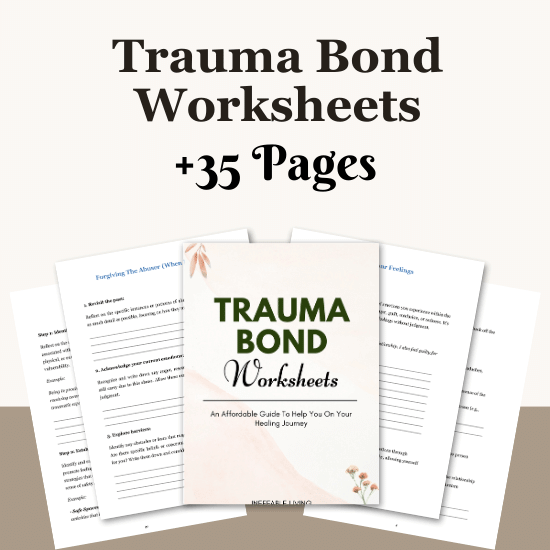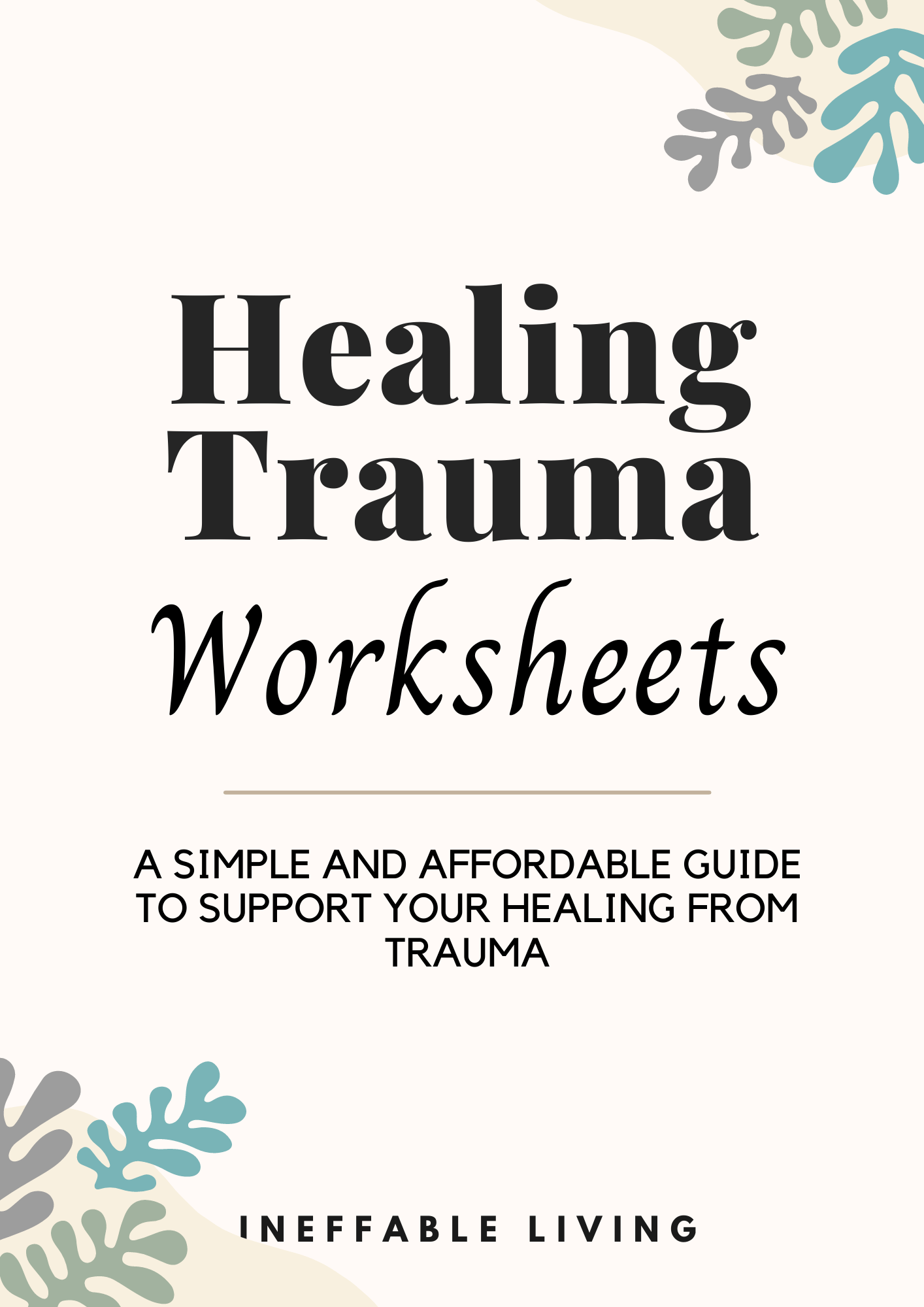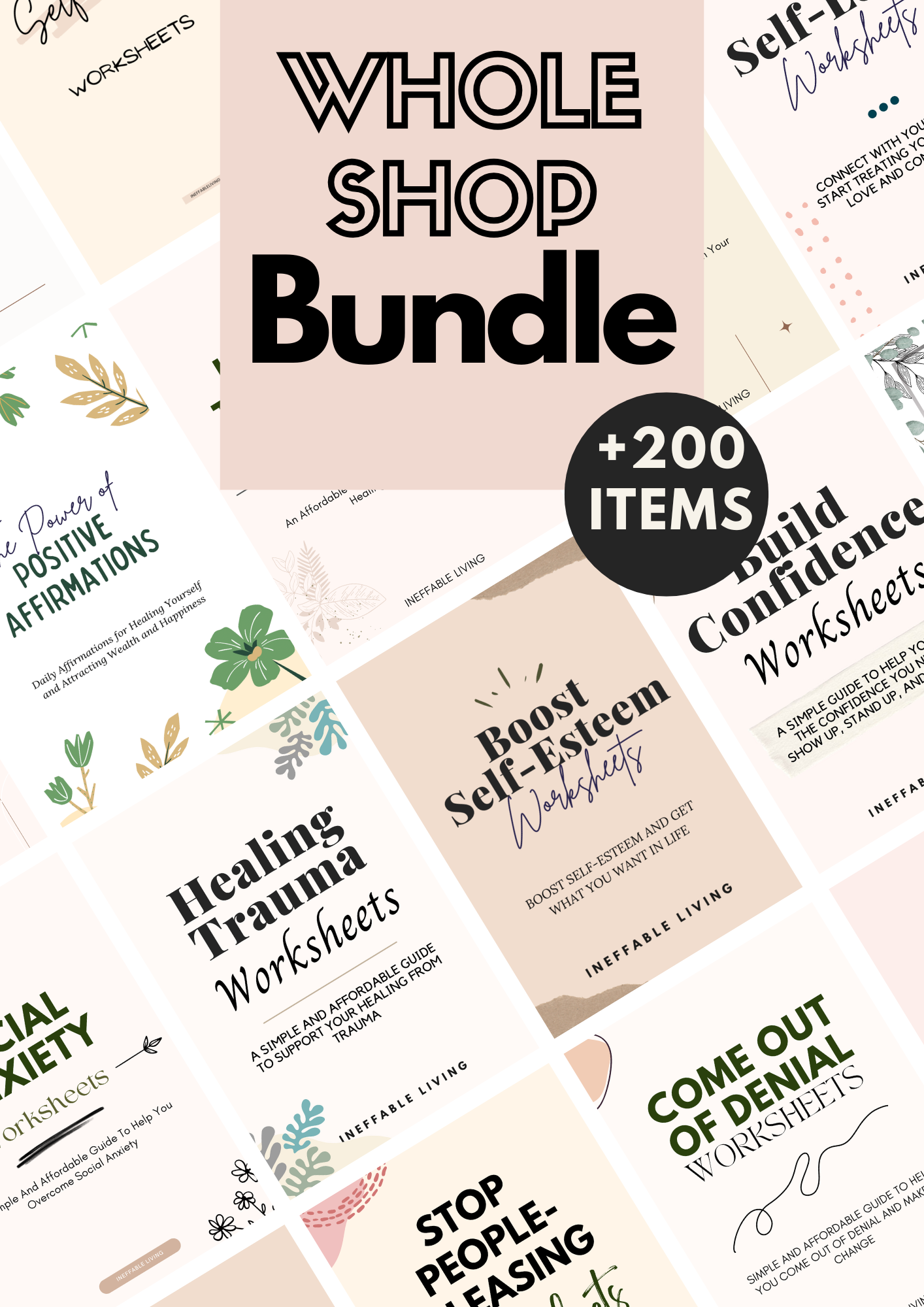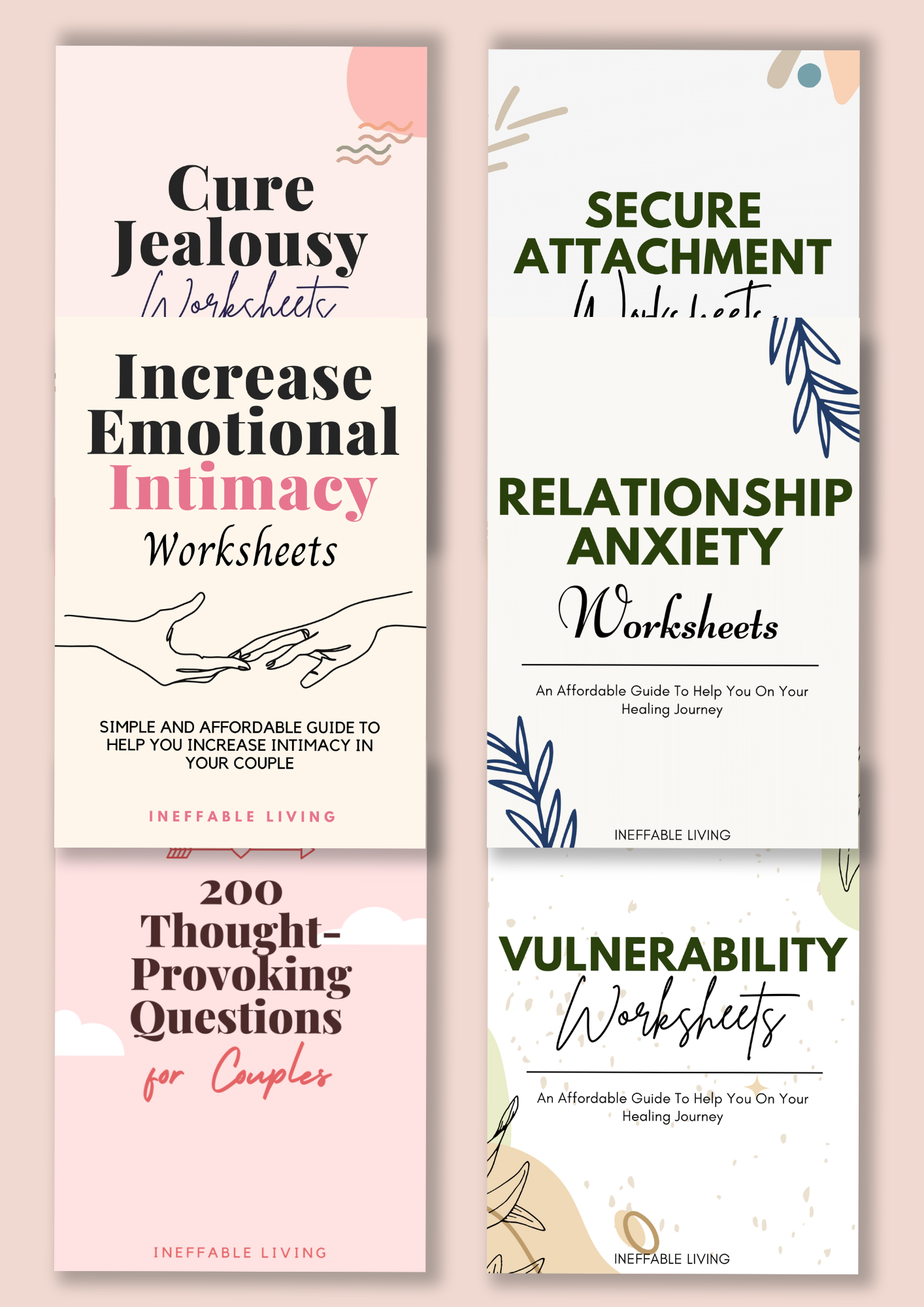A trauma bond is a strong emotional connection that forms between an individual and their abuser, often as a result of ongoing cycles of abuse and manipulation. This bond can develop in various types of relationships, including romantic partnerships, familial connections, or even within abusive institutional settings.
The dynamics of a trauma bond often involve the victim feeling a deep sense of loyalty, attachment, and dependency on the person or environment that is causing them harm. This bond may be reinforced by intermittent reinforcement, where moments of kindness or respite from abuse create confusion and hope for change.
1. Reflect on your relationships: Are there any where you feel emotionally bonded due to shared trauma or painful experiences?
2. Identify specific instances or events that contributed to the development of a trauma bond in these relationships.
3. Consider how the trauma bond influences your thoughts, emotions, and behaviors within the relationship.
4. Reflect on any past experiences or upbringing that may have influenced your vulnerability to forming trauma bonds.
5. How do you feel about setting boundaries in relationships where trauma bonding is present? Do you find it difficult to assert your needs and limits?
6. Explore the impact of the trauma bond on your sense of self-worth and self-esteem.
7. Have you noticed any patterns or similarities between different relationships where trauma bonding has occurred?
8. Reflect on the potential long-term effects of maintaining a trauma bond in your life.
9. Describe your vision of healthier, more empowering relationships. How do they differ from those based on trauma bonding?
10. What steps can you take to prioritize your well-being and work towards breaking free from trauma bonds in your relationships?
Trauma Bond Worksheets





